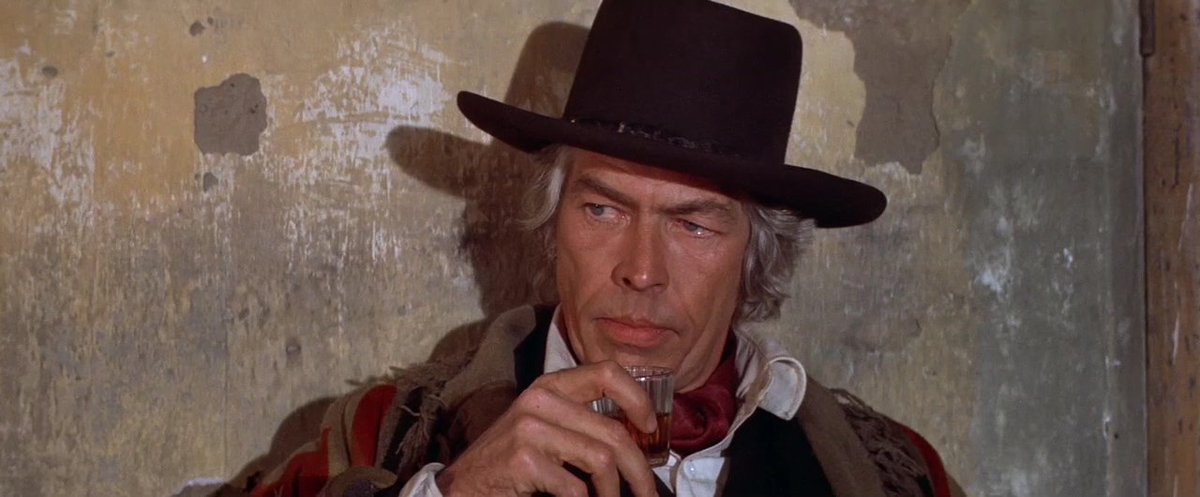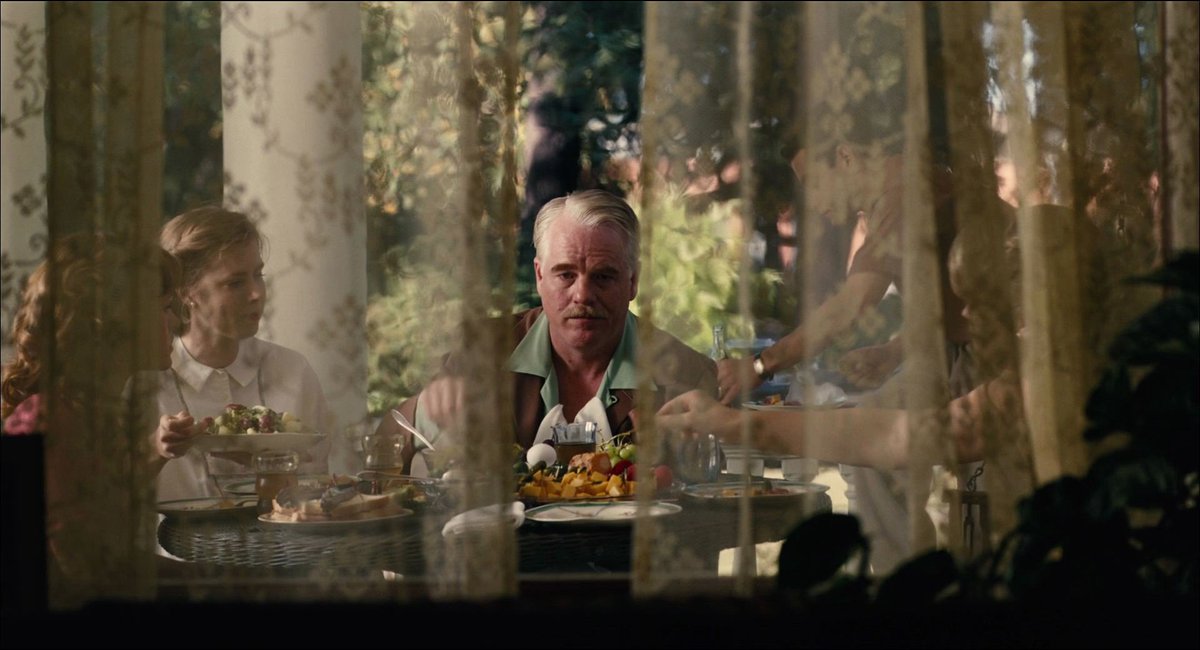
I think a lot about Chuck Jones' famous rules for his Road Runner cartoons. I'm trying to do something similar for what I'm hoping to be my next TV show. 

My version is more "core principles" than specific storytelling rules, though I'd like to eventually spell out the latter as well. Maybe it's my poetry background, or my start in writing procedural mysteries, but I need an inner formal logic whenever I write a script.
I think that's why I like working in genre -- and usually seek out films that are in a genre vein. I like having a constellation of expectations for a story to work through, or break away from. Something for the writing to spin against, to paraphrase my teacher Miller Williams.
A sample sentence from my in-progress core principles for a TV show about class, labor, coal, family, & American identity:
"Dramatically, nothing is more boring than liberal talking points pitched against conservative talking points. Except maybe vice versa."
"Dramatically, nothing is more boring than liberal talking points pitched against conservative talking points. Except maybe vice versa."
• • •
Missing some Tweet in this thread? You can try to
force a refresh














